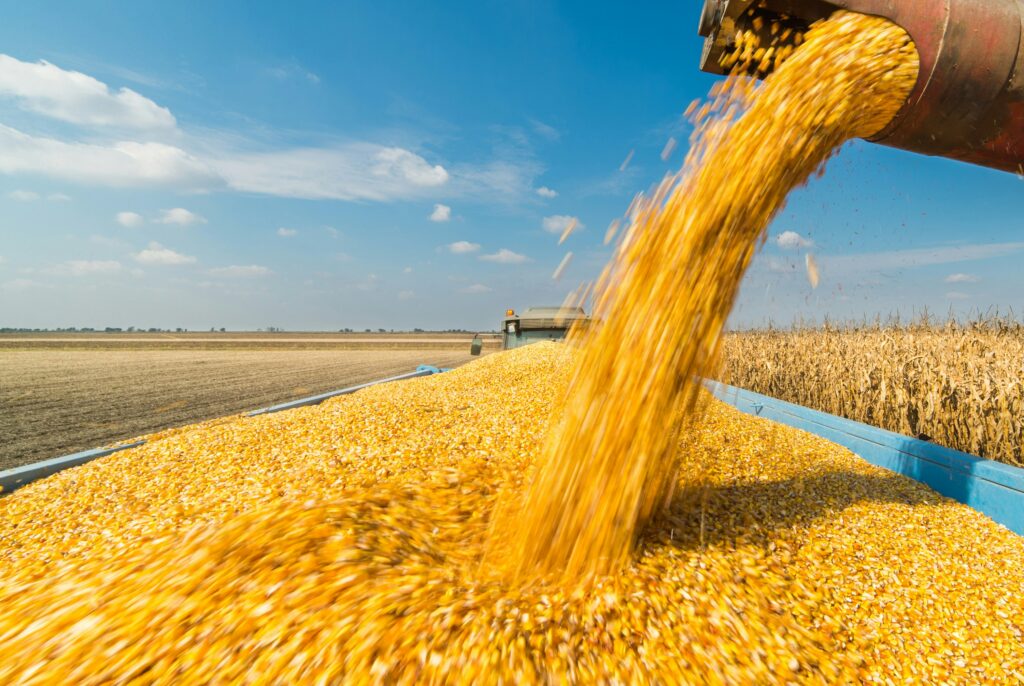Fighting Hunger: How Volunteering Strengthens Community Food Security


Food security is more than access to meals—it is a fundamental aspect of health, education, and social stability. Unfortunately, millions of people worldwide face food insecurity every day, struggling to find nutritious and consistent meals. Local communities are particularly vulnerable during economic downturns, natural disasters, or pandemics.
Volunteering plays a critical role in addressing these challenges. By contributing time, skills, and resources, volunteers help ensure that vulnerable populations receive the nourishment they need. From food banks to community gardens, volunteer efforts have a direct impact on the well-being of families and strengthen the social fabric of communities.
Types of Food Security Volunteering Opportunities
Volunteers can participate in a range of initiatives tailored to their interests, skills, and local needs. Some common opportunities include:
Food Banks and Pantries: Volunteers sort, package, and distribute food items to families and individuals in need.
Community Gardens: Assisting in planting, maintaining, and harvesting fresh produce provides nutritious food while fostering sustainable practices.
Meal Delivery Programs: Volunteers deliver meals to seniors, individuals with disabilities, or families who are unable to access food distribution centers.
Educational Programs: Hosting workshops on nutrition, budgeting, or cooking skills empowers community members to make healthier choices.
Fundraising and Advocacy: Supporting events, campaigns, or donation drives ensures that food security initiatives have the necessary resources to thrive and succeed.
By participating in these activities, volunteers become an integral part of creating a more resilient and nourished community.
The Impact of Volunteering on Communities
Volunteer efforts extend beyond providing immediate food assistance. They also foster social cohesion, build networks of support, and reduce isolation among vulnerable populations. A single volunteer shift at a food pantry, for example, might connect families to other local resources, such as housing support or healthcare programs.
Moreover, volunteers inspire others to get involved. Their actions raise awareness about food insecurity, encouraging additional donations, policy advocacy, and community engagement. Over time, these collective efforts contribute to long-term solutions rather than just temporary relief.
Skills and Training for Effective Volunteering
Effective food security volunteering often requires specific skills or training. Basic safety protocols, proper food handling, and hygiene practices are crucial for anyone involved in food distribution. Organizations may also provide orientation on community needs, communication techniques, and cultural sensitivity.
Volunteers with specialized skills, such as nutrition education, logistics, or fundraising, can have an even greater impact. Combining professional expertise with community service enhances the overall efficiency and effectiveness of food security programs.
Overcoming Challenges in Food Security Volunteering
While volunteering is rewarding, it can also present challenges. Limited resources, high demand, and emotional stress may affect volunteers’ experiences. Some communities face logistical issues, such as transporting food to remote areas or storing perishable items safely.
Organizations often address these challenges by providing proper training, structured schedules, and supportive environments. Volunteers are encouraged to maintain self-care, communicate openly with coordinators, and adapt to changing conditions. Understanding potential obstacles in advance helps volunteers remain effective and resilient.
The Role of Technology in Food Security Initiatives
Technology has become a key tool in modern food security programs. Mobile apps and online platforms enable volunteers to efficiently track inventory, coordinate deliveries, and communicate with recipients. Social media campaigns raise awareness and encourage donations, expanding the reach of local initiatives.
Additionally, data analysis enables organizations to identify trends in food insecurity, optimize distribution routes, and enhance program planning. Technology empowers volunteers and organizations alike to make a measurable impact on hunger within their communities.
Building Awareness and Advocacy Through Volunteer Work
Volunteering also provides a platform for advocacy. By engaging directly with the community, volunteers gain firsthand insight into the causes and consequences of food insecurity. This knowledge enables them to educate others, influence policy decisions, and mobilize additional support.
Public campaigns, community workshops, and school programs are examples of volunteer-led initiatives that extend beyond direct food distribution. These efforts address the root causes of hunger and contribute to creating sustainable, long-term solutions.
Stories That Inspire Change
Many volunteers find personal growth and fulfillment in their work. Hearing the stories of families overcoming adversity or witnessing the impact of a delivered meal can be profoundly motivating. These experiences not only strengthen commitment to service but also create advocates for food security in broader society.
Such stories often inspire others to take action, whether through volunteering, donating, or raising awareness. Each narrative serves as a reminder that small contributions, when combined across a community, can lead to significant and lasting change.
Creating a Lasting Impact Through Volunteering
Volunteering for food security is more than a charitable act—it is an investment in the health, stability, and resilience of communities. By addressing immediate needs and empowering local populations, volunteers create a ripple effect of positive change.
From distributing meals to educating families and advocating for systemic solutions, volunteers play a vital role in reducing hunger and promoting food security. Every hour donated, every task completed, and every effort made brings communities closer to a future where access to nutritious food is a reality for all.
Volunteering for food security not only transforms the lives of those receiving support but also enriches the lives of those giving their time and energy. Together, communities can combat hunger, foster stronger connections, and create a healthier, more equitable world.
Global Perspective on Volunteer Food Security Efforts
While this article focuses on local communities, volunteer efforts for food security are a global phenomenon. International organizations often rely on volunteers for humanitarian food relief in crisis zones, refugee camps, and disaster-stricken areas.
Global initiatives demonstrate how volunteerism transcends borders, illustrating that communities worldwide can collaborate to combat hunger. Sharing best practices, resources, and expertise ensures that both local and international efforts are more efficient and have a greater impact.
